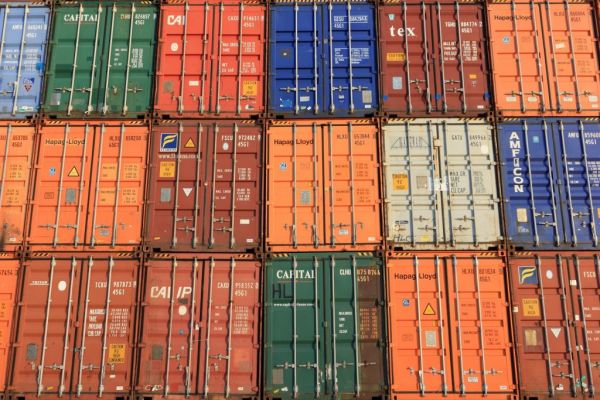A lack of clear guidance on how to transition the global shipping industry to a zero-carbon model is likely to lead to 'significant supply chain disruption', unless it is addressed soon, Lloyd's Register has said.
The maritime professional services organisation has called for immediate action on maritime decarbonisation if a successful energy transition to zero-carbon supply chains is to be achieved.
In a report, How To Make Shipping’s ‘Decade of Action’ a Reality, the group said that the transition to zero-carbon shipping will be 'among the most significant in the sector’s history', adding that investment made today will help alleviate potential logjams tomorrow.
Earlier this month, a number of shipping groups proposed the creation of a global levy on carbon emissions, to assist the industry's efforts to go greener.
No Longer A Question Of 'If' Or 'When'
“Our industry is no longer asking ‘if’ or ‘when’ decarbonisation should take place," commented Nick Brown, chief executive, Lloyd's Register. "We know we must act now, and many of us are. The question that remains is ‘how’ will the maritime industry deliver meaningful change during this crucial decade of action.
"The challenge is immense, but the commitment is real, from many organisations and governments. Everyone involved in the maritime supply chain must play their part."
Around 80% of goods transported worldwide rely on shipping, and the maritime sector accounts for around 3% of global greenhouse gas emissions. With decarbonisation likely to be an imperative in the years to come, 'a lack of regulatory certainty and support from policymakers could see a rushed and uncoordinated transition', the group noted.
Industry Consensus On Immediate Action
The Lloyd’s Register study was produced in association with Longitude, the research unit of the Financial Times. It found that there was consensus among maritime experts that this issue needed to be addressed urgently, before regulation is forced upon the sector, leading to disruptive and fragmented changes.
“The natural instinct of any industry will be to look to defer regulation, ‘How long can I drag it out?’," said Jim Barry, chief investment officer, BlackRock Alternatives Investors.
"That's the wrong instinct today and it’s not going to work this time because the climate is changing. There's no ambiguity on that. The cost of this transition will be less the sooner you get your head around the future roadmap and the sooner you begin the adjustment."
Read More: Today's Global Economy Runs On Shipping Containers, As The Ever Given Fiasco Illustrates
Public And Private Sector Involvement
Contributors to the study also urged public and private sectors to work in unison to drive funding into the most promising emerging technologies and to support smaller businesses unable to decarbonise on their own.
In addition, they emphasised the importance of infrastructure – such as alternative shipping fuels being available in ports – to ensure the ships of the future can deliver goods on an international basis.
According to the maritime experts featured in the report, the next decade presents a 'fundamental challenge' to the future of shipping, as zero-carbon requirements intensify.
© 2021 European Supermarket Magazine – your source for the latest Supply Chain news. Article by Stephen Wynne-Jones. Click subscribe to sign up to ESM: The European Supermarket Magazine.














